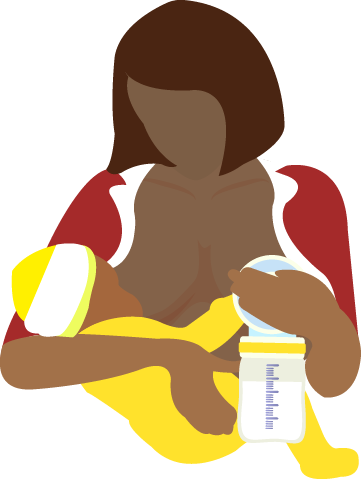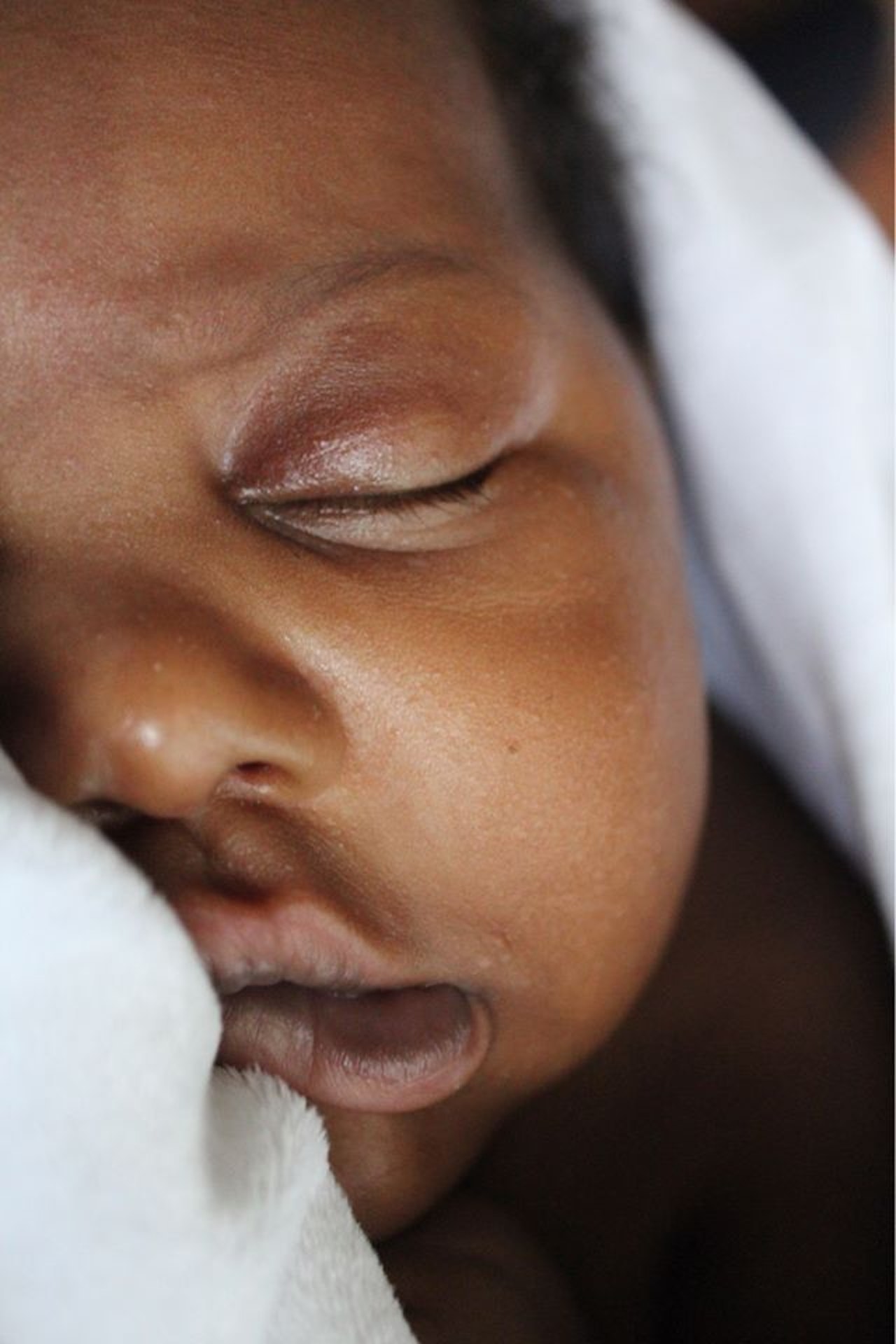What is dehydration?
Dehydration means the body loses more fluids than it takes in. If it isn’t treated it can get worse and become a serious problem.
“Babies, children and the elderly are at the highest risk of dehydration .”
Dehydration: the causes
Illnesses like diabetes, vomiting, diarrhoea, heatstroke, or a fever increase the risk of dehydration . Conditions that make it hard to drink fluids (like a sore throat) can also put children at risk of dehydration .
Children are also at an increased risk if they:
- Are younger than one year old, particularly if they are younger than six months old.
- Had a low birth weight.
- Have not been offered or have not been able to tolerate extra liquids.
- Have stopped breastfeeding during the illness.
- Show signs of malnutrition.
How do I prevent dehydration in babies?
If your baby is at risk of dehydration, carry on breastfeeding or using formula but go with the little and often approach. That is feeding them small amounts more frequently.
Babies that breastfeed don’t need extra water as long as they can feed when they need to. They’ll probably feed more in hot weather.
Babies that are formula fed can have sips of plain, cooled, boiled water in a small cup or bottle on top of their usual formula. They may behave as though they are hungry but if they then reject the feed, it may be that they’re actually thirsty.
How do I prevent dehydration in children?
When they’re at risk of dehydration, give small children their usual diet along with some extra water. Homemade ice-lollies are a great way to stay cool when it’s hot outside.
Breastfeeding in the heat: a comfort issue
You might get hot and sweaty when you’re holding your baby for a feed but don’t feel embarrassed – a lot of us have been there. You could place a piece of muslin between your body and your baby’s to help you both feel more comfortable.
Dehydration symptoms: what to look out for
Some of the symptoms of dehydration in children can be:
- feeling thirsty
- dark yellow and strong-smelling wee
- feeling dizzy or lightheaded
- feeling tired
- dry mouth, lips and eyes
- weeing little and less than four times a day
- soft spot on their head that sinks inwards
- cold and blotchy-looking hands and feet
- few or no tears when they cry
- sunken eyes.
More severe symptoms like an abnormally fast heartbeat (tachycardia) and/or abnormally rapid breathing (tachypnoea) can be signs of clinical dehydration (NICE, 2009).
Source: This information was first published on NCT website




